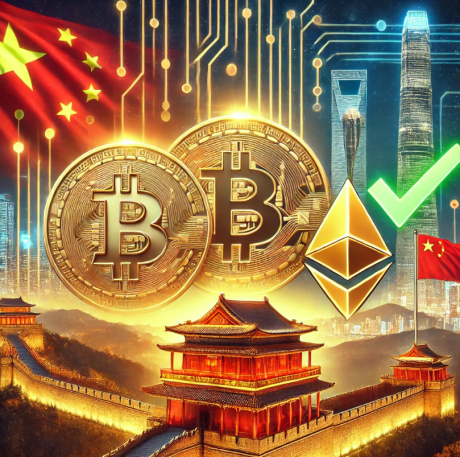
Societies are moving away from cash and adopting new ways of making payments and transferring money. In Asia, many have turned to e-wallets, QR codes, and super apps, bypassing physical credit cards altogether.
Traditional card companies are reinventing themselves to stay ahead of the game. “These days, when people talk about ‘cards,’ it’s not just a piece of plastic. It’s a digital network offering where you can pay or get paid,” said Stephen Carbin, Visa’s president for Asia Pacific. luck Tuesday.
On Wednesday, on the sidelines of the Singapore FinTech Festival, Visa unveiled two new features for its regional customers: AI-powered payments and stablecoin settlements.
The first marks the company’s expansion into agent commerce, where consumers across Asia can leverage AI-powered agents to shop and pay on their behalf.
OpenAI’s launch of ChatGPT has catalyzed a fundamental shift in commerce, Carbin said. “The breadth of the shift in how one understands and finds things in the world is very profound,” he said. “However, one of the things missing from the current state of LLM-powered chatbots is the ability to make payment via an agent.”
This means online shoppers can use AI chatbots to discover, browse and select items, but they can’t yet use them to complete checkouts.
Customers can load their Visa cards onto the agent’s system, just as they would with Apple or Google Pay. They are then given the option to opt-in to Personalization, to receive recommendations for “smart shopping decisions” based on their past preferences.
Users are then asked to make payment within the AI platform – securely, with tokenization and authentication – to complete the end-to-end online shopping process.
Stablecoins
The second initiative is Visa’s stable settlement trial, which enables select partners to pay using stablecoins across supported blockchains. Stablecoins are digital currencies designed to have a stable value, by being tied to less volatile assets such as fiat currencies, most commonly the US dollar).
Karbin said Visa has recognized the value of blockchain technology for payments since it first appeared a decade ago. today, More cross-border transactions are being conducted via stablecoins than ever before.
“We want to make (stablecoins) one of the options for making and receiving payments around the world, when the regulatory environment is ready,” Carbin added. “We have some assets in the form of technology and capabilities, and we want to help companies large and small start doing business in Web3.”
The changing payments space in Asia
Carbin has worked at Visa for more than a decade, with significant experience in the South Pacific, Southeast Asia and Japan markets – before becoming the company’s Asia Pacific president in 2023.
He said things are changing in the payments space in Asia, noting that there has been more change in the past five years than in the past 50 years.
Super apps — single apps that integrate multiple services such as taxi booking, food delivery, and digital payments — are one such disruption, he said.
They first launched in mainland China, with the founding of… Alipay in 2004 and WeChat Pay in 2013. Grab, the Southeast Asian tech giant, followed suit, launching GrabPay in 2016.
But instead of seeing super apps and e-wallets as competitors, Visa is looking for ways to work with them.
“You can live your life on a super app now, so we’re partnering with them to digitize Visa credentials,” Carbin said.
He cited Visa’s partnership with Taiwan’s Line Pay as an example, which allows Taiwanese users to travel abroad and pay by scanning any QR codes connected to the Visa network.
Visa is also widely accepted in global destinations outside of Asia, making it easier for long-distance travelers to make seamless payments abroad.
“(When traveling abroad), you can’t use a super app with a QR code,” Carbin said. “We partner with e-wallets so you can use your phone to tap to get on the New York subway, or buy lunch in London.”
Visa is the world’s second-largest card payment organization based on the annual value of card payments processed and the number of cards issued, having been overtaken by China’s UnionPay in 2015. However, Visa, which is ranked 127th in the Fortune 500, leads in global transaction volume.
The post Visa leans into AI-enabled payments and stablecoins to stay ahead of the game, says Asia-Pacific president Stephen Karpin first appeared on Investorempires.com.



